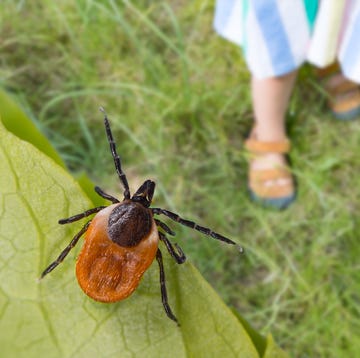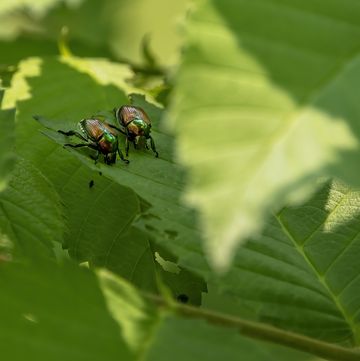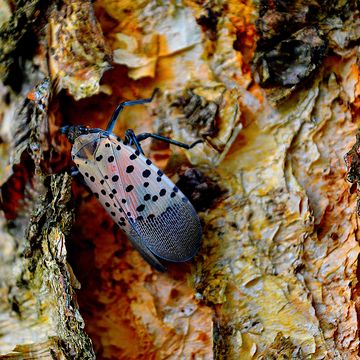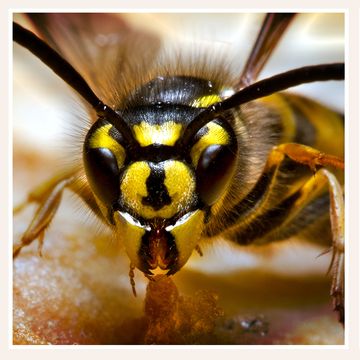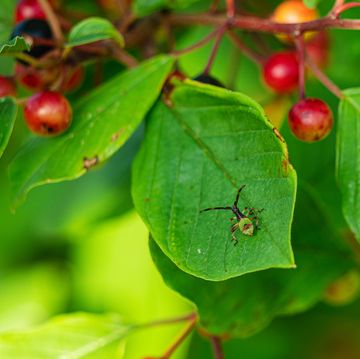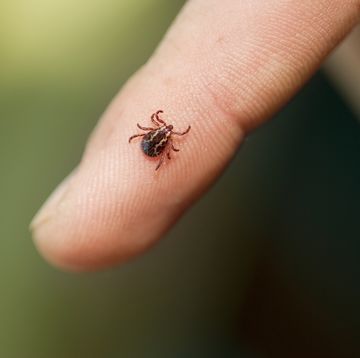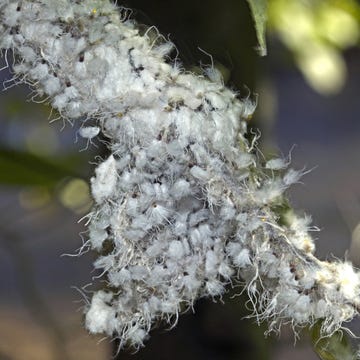7 Best Bug and Mosquito Repellents, Tested by Experts
Keep the bugs away with these top-rated sprays, candles and backyard applications.

We've been independently researching and testing products for over 120 years. If you buy through our links, we may earn a commission. Learn more about our review process.
Mosquitoes are an unavoidable part of spending time outdoors, whether you're grilling in the backyard, camping in the woods or just working through the summer to-do list. Some years are worse than others, but the annoyance and the risk never really goes away. That’s why the Good Housekeeping Institute tests mosquito repellents year-round, focusing on what actually works in the field and not just what’s trending.
For this updated guide to mosquito repellents and bug sprays, we combined results from our Lab with field-tested feedback from entomologists and outdoor pros. That includes insight from Megan E. Meuti, Ph.D., an entomologist at Ohio State University, who helped us evaluate ingredient effectiveness and usage safety. The products we’ve included here range from new formulas with plant-based actives to proven DEET-based sprays that continue to perform reliably. Whether you're heading out for a hike and need bug repellent for your skin or just want to keep your patio clear of mosquitos for a quiet dinner, there’s an option here that fits.
Looking for help with other outdoor pests? We also have recommendations for keeping wasps and moths out of your home.
Having written thousands of product reviews and how-to articles on all aspects of home ownership, from routine maintenance to major renovations, Dan (he/him) brings more than 20 years of industry experience to his role as the director of the Home Improvement & Outdoor Lab at the Good Housekeeping Institute. A one-time roofer and a serial remodeler, Dan can often be found keeping house at his restored Brooklyn brownstone, where he lives with his wife and kids.
Timothy Dahl is an experienced writer and editor covering home improvement, DIY, and lifestyle topics for nearly 20 years. With a deep background in hands-on testing and reporting, he has reviewed and worked with hundreds of tools, products, and home innovations. Timothy's work has appeared in The New York Times, Wired, and Popular Mechanics, and he's the founder of Charles & Hudson. He specializes in making complex projects accessible and is passionate about empowering homeowners with clear, actionable guidance.


How to Get Rid of Fruit Flies Quickly
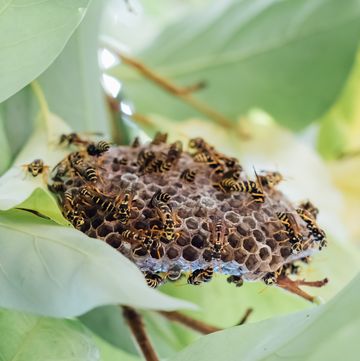
How to Get Rid of Wasps Without Getting Stung
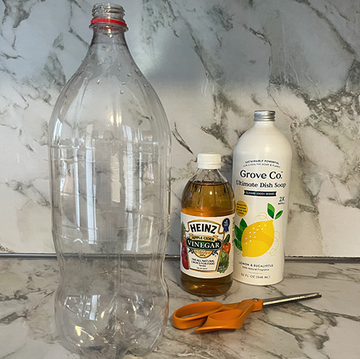
How to Make a Homemade Fly Trap

12 Ways to Get Rid of Gnats










